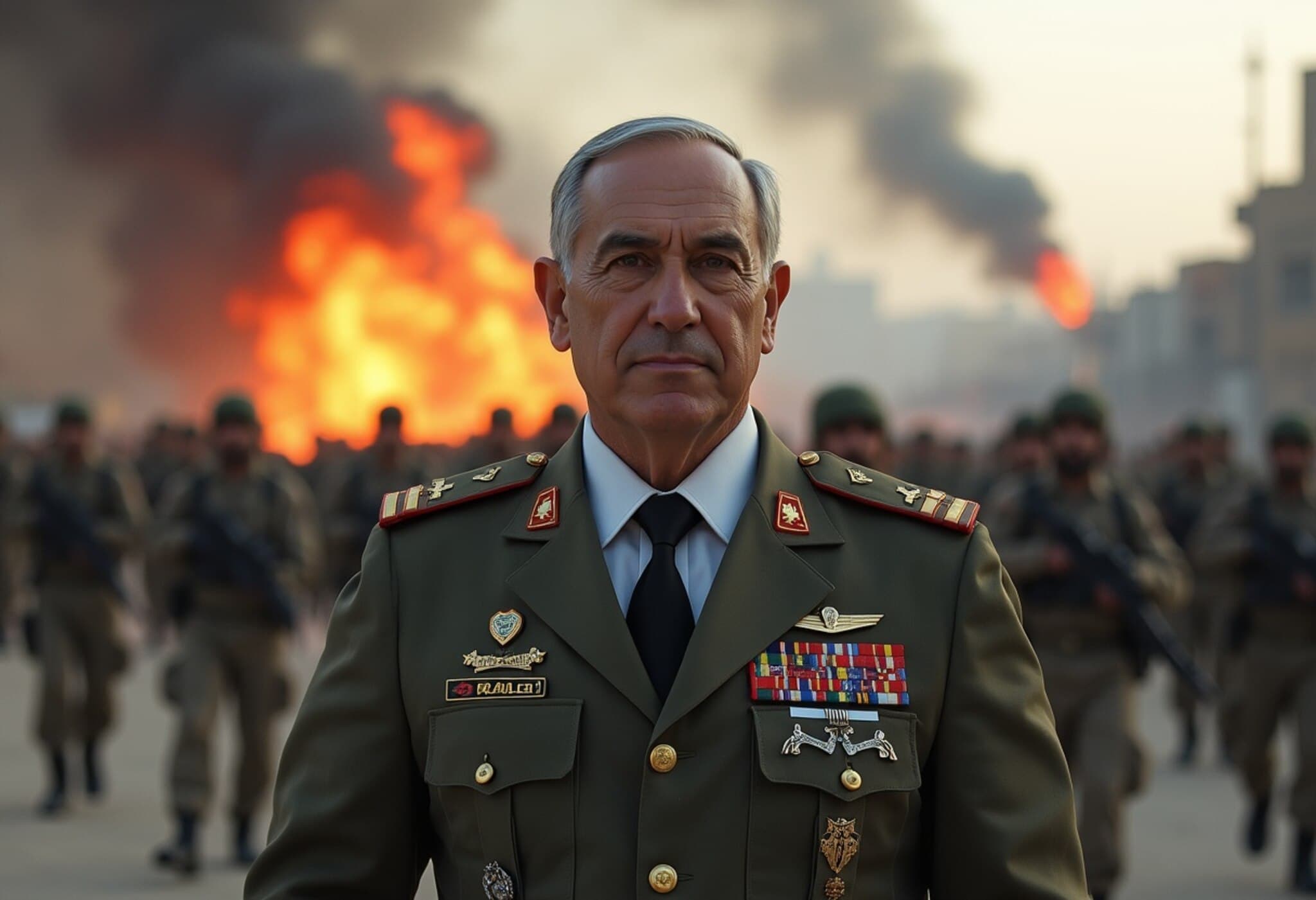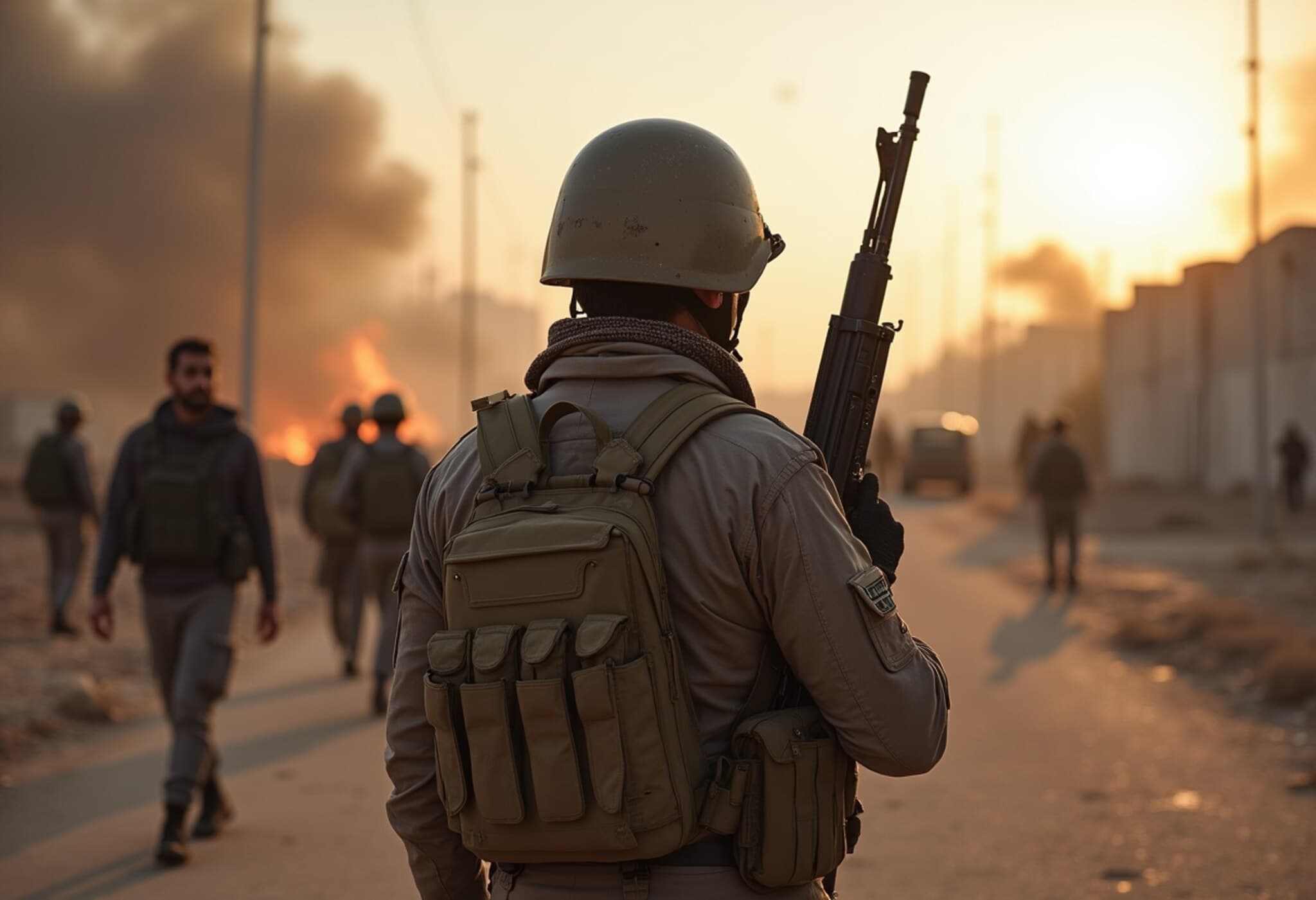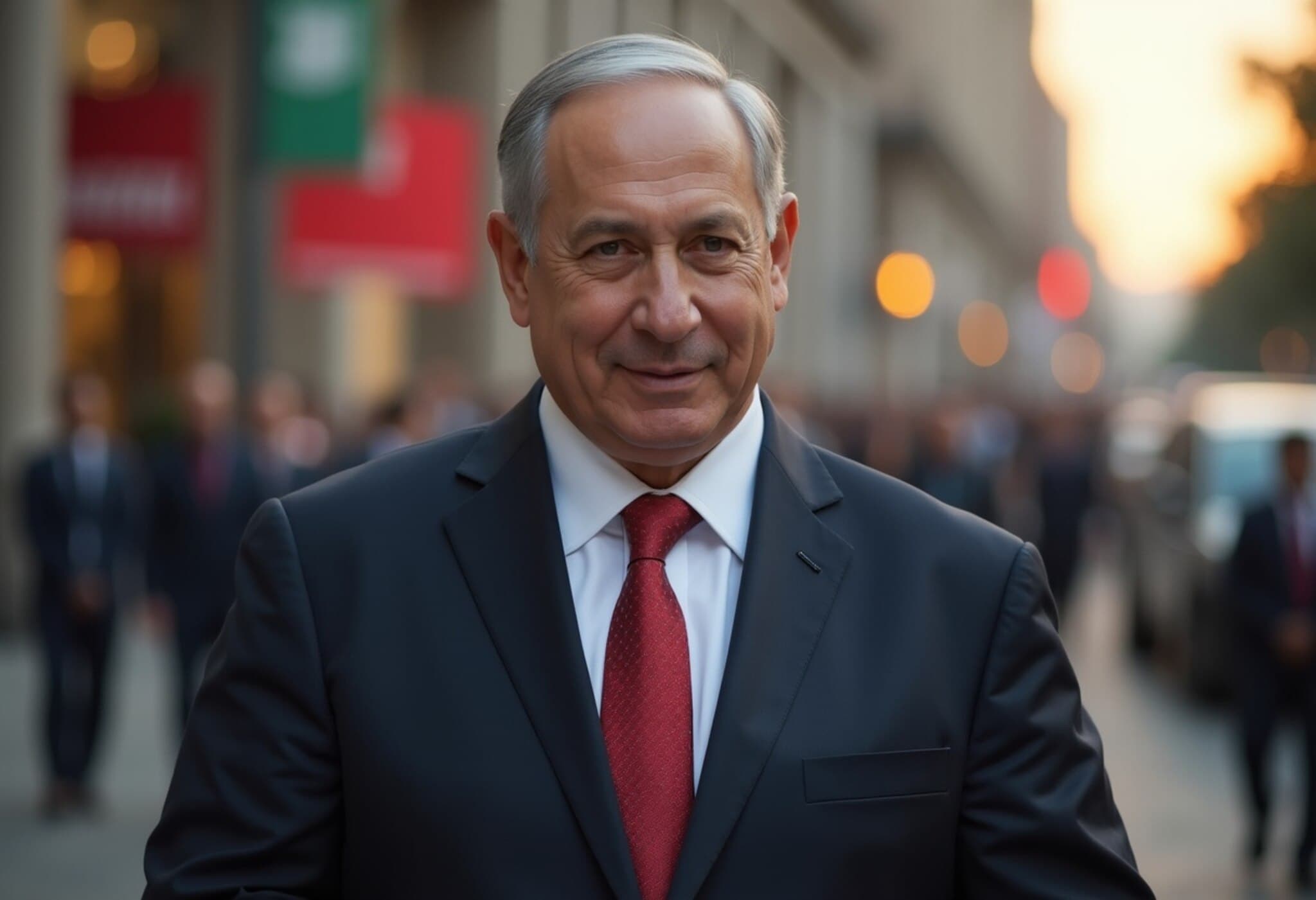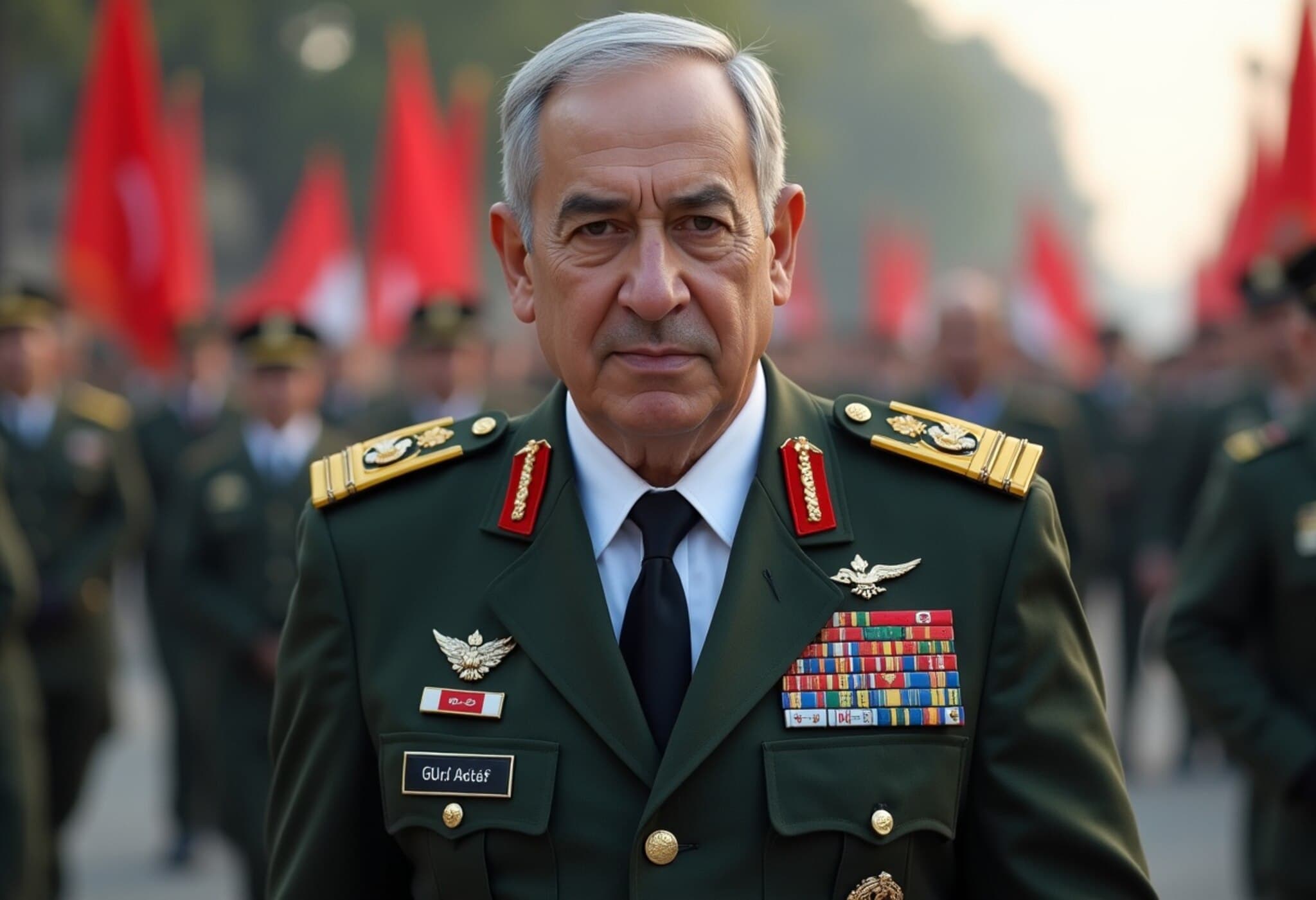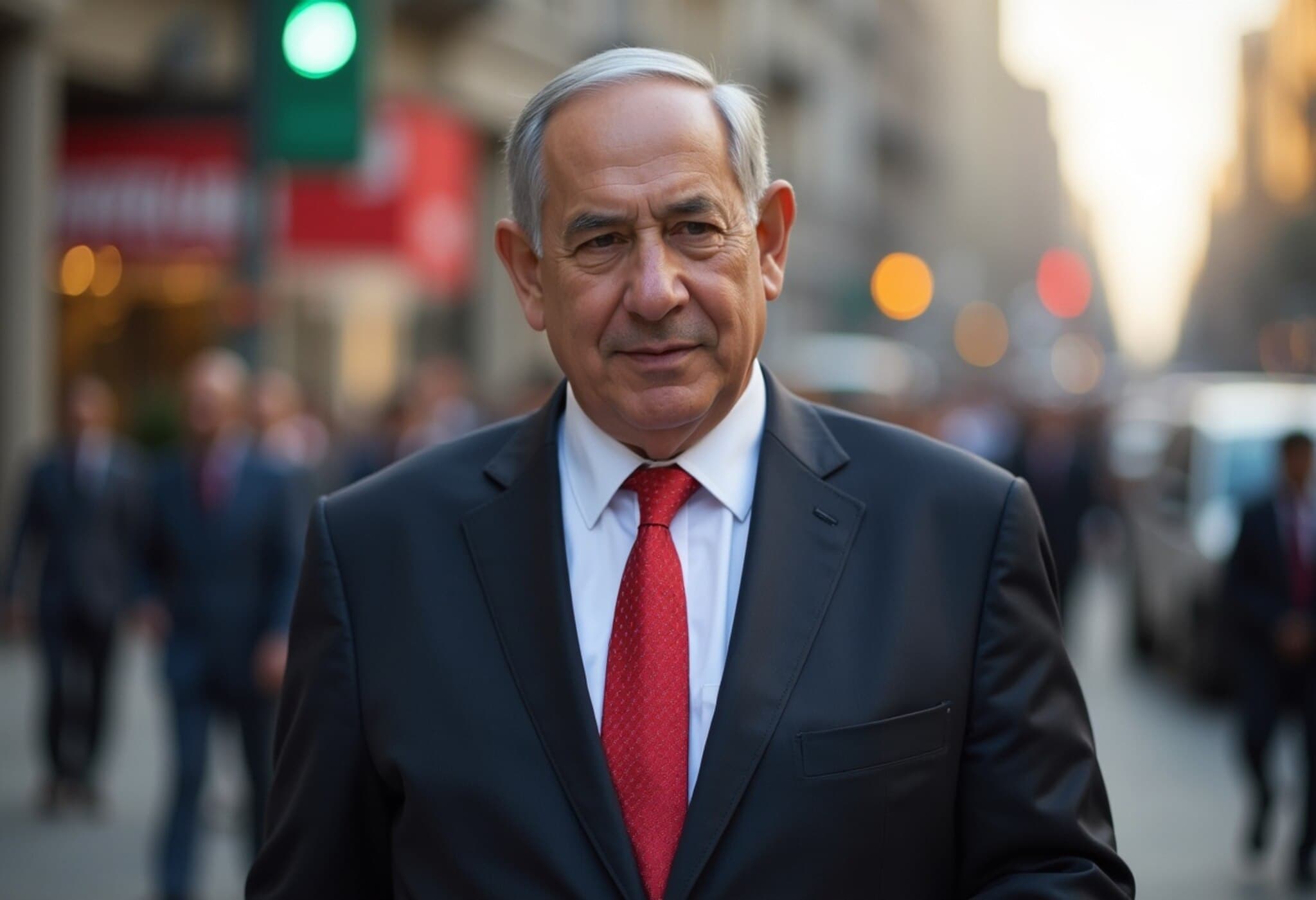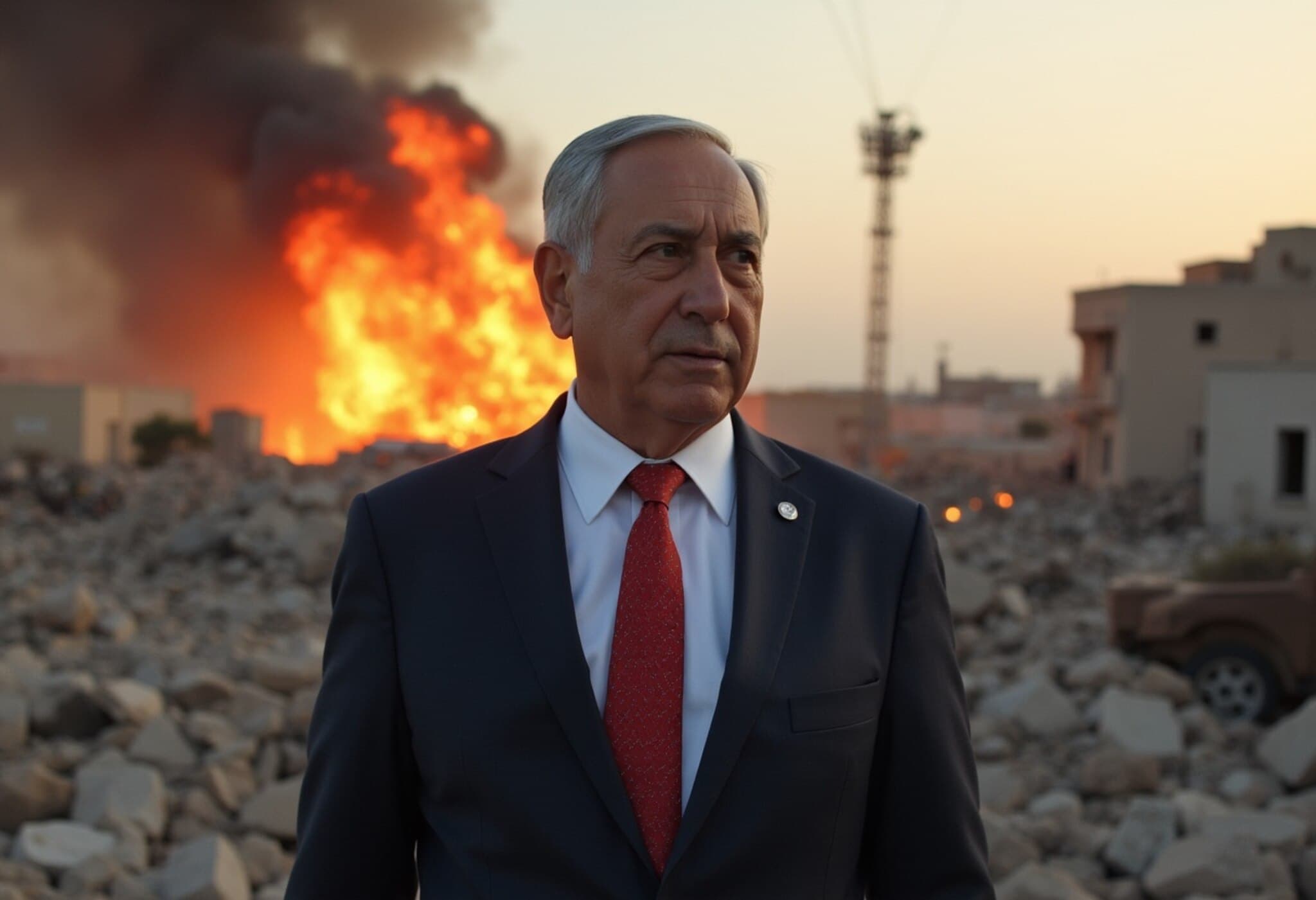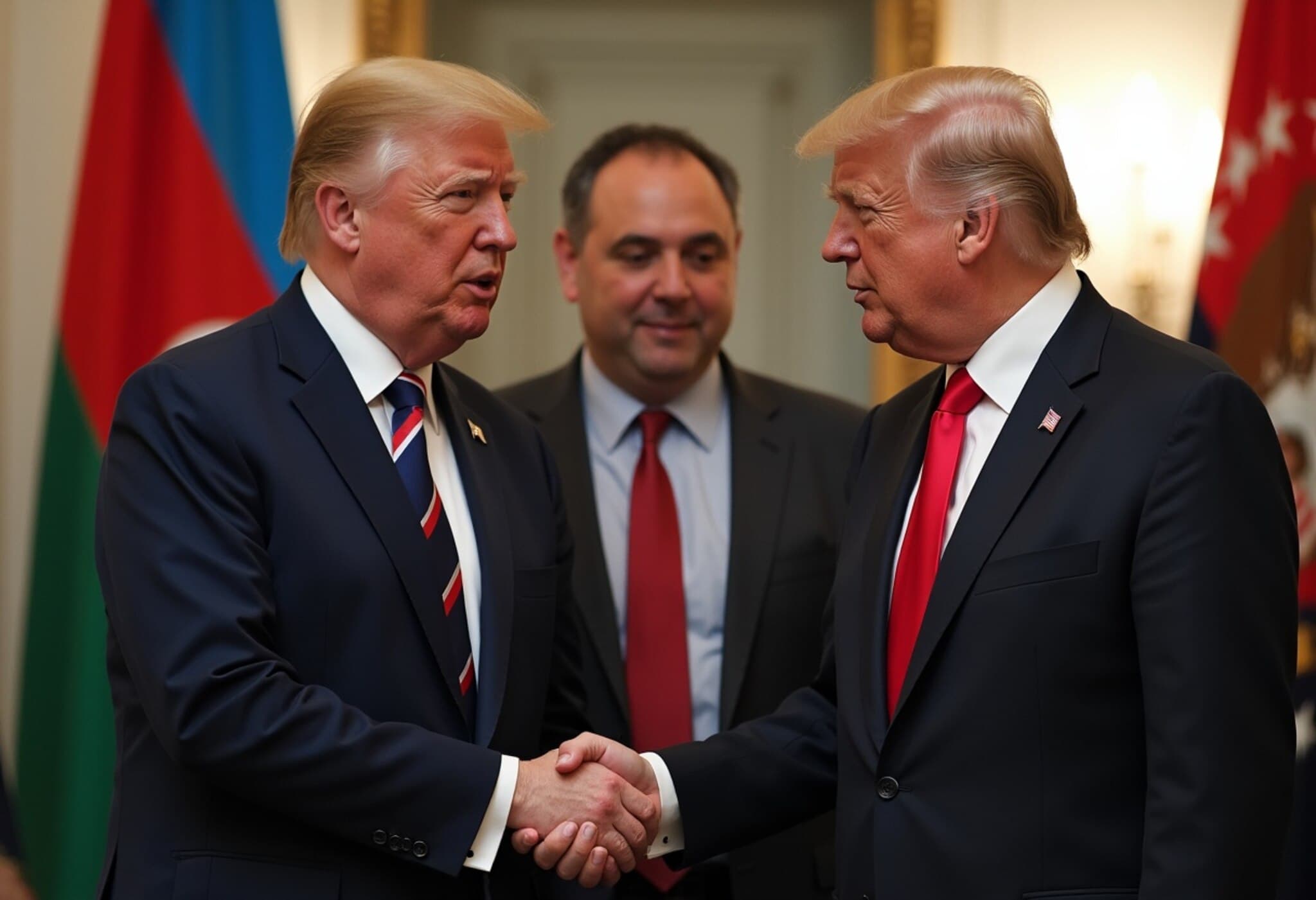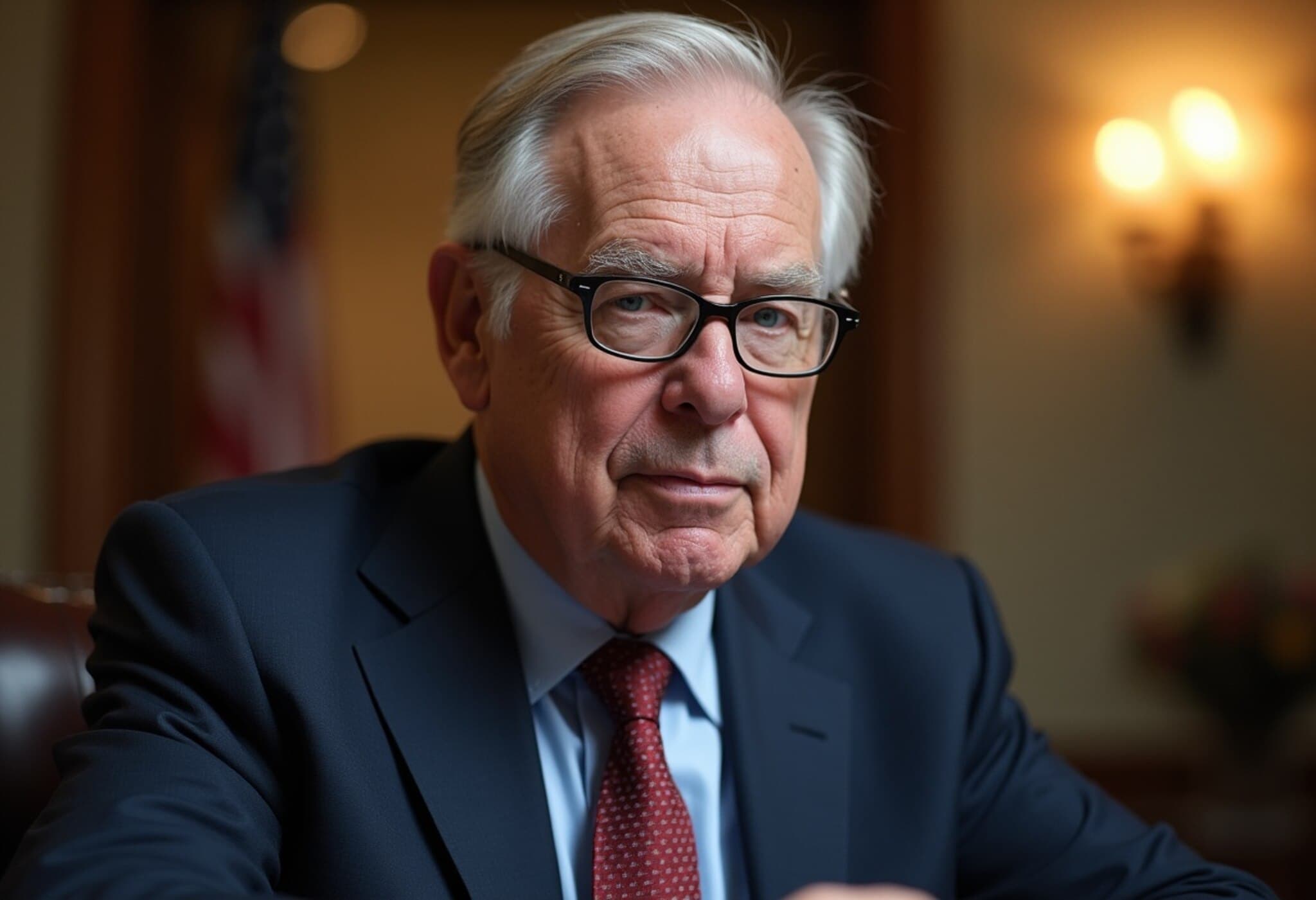Internal Skepticism Emerges Within Israeli Military Over Gaza Offensive
As Israeli Prime Minister Benjamin Netanyahu pushes forward with plans to intensify operations in Gaza City, a growing chorus of concern is emerging—not just from the international community and political critics, but notably from Israel’s own senior military leaders expected to execute the mission.
Military Leadership Questions Feasibility Amid War Fatigue
According to multiple Israeli security officials speaking under anonymity, Chief of Staff Lieutenant General Eyal Zamir has expressed serious reservations about the military’s capacity to sustain prolonged urban warfare in Gaza. After nearly two years of relentless conflict, Zamir and his team are reportedly worried about the reserves’ exhaustion and overall readiness.
Several senior military commanders have advocated for pursuing a ceasefire rather than escalating combat, highlighting concerns over not just troop welfare but also strategic outcomes.
Veteran Commanders Warn of Long-Term Consequences
Retired Major General Gadi Shamni, who commanded Israeli units in Gaza before the 2005 withdrawal, sharply criticized the government’s proposed expansion of ground operations. Shamni warned that such a move would likely fail to achieve the key military goals of rescuing hostages or dismantling Hamas’ hold, while inflicting heavier civilian and economic tolls.
“This won’t bring back the hostages, and it won’t lead to the defeat of Hamas or make it give up its weapons,” Shamni stated. “Instead, it will deepen grief, harm Israel’s global standing, and worsen the government-military trust crisis.”
Operational Ambiguities and Political Signals
Israeli forces have already gained control over approximately 75% of Gaza, focusing primarily on the southern coastal stretch from Khan Younis to Gaza City. Netanyahu asserted in a recent Fox News interview that the goal was to take full control of Gaza to “assure our security” and displace Hamas leadership. Yet subsequent official communications toned down the language to planning “preparations for expanded military activity,” deepening ambiguity surrounding Israel’s ultimate intentions.
Experts speculate Netanyahu might be using the threat of a broader offensive as leverage in stalled hostage negotiations and ceasefire talks, aiming to pressure Hamas into concessions after its horrific October 2023 attack on southern Israel.
Challenges of Urban Warfare and Governance
Military analysts highlight the formidable challenge of launching a large-scale ground assault in a densely populated and heavily fortified city. Past incursions have routinely faced significant resistance, with Hamas regaining control in vacated neighborhoods soon after Israeli withdrawals.
Moreover, if Israel's plan includes long-term occupation or governance of Gaza, Shamni and other voices question the state’s resources and readiness for such a commitment. Establishing a stable military administration and weakening Hamas’s infrastructure would be a protracted, costly endeavor with uncertain political and humanitarian outcomes.
Human Cost and Hostage Crisis
The ongoing hostage situation looms large over the conflict. Approximately 250 hostages were seized by Hamas during the October 7 attacks. Investigations reveal over three dozen hostages have already died in captivity, while around 20 remain alive, alongside the remains of others, according to Israeli authorities.
American and Israeli officials reportedly discuss a potential prisoner exchange deal tying the release of remaining hostages to disarmament conditions for Hamas and a ceasefire arrangement. However, increased military action threatens the fragile calculus, risking hostages' lives and complicating diplomatic efforts.
International Backlash and Calls for Restraint
Israel’s decision to escalate has met resistance internationally. British Prime Minister Keir Starmer criticized the move, urging an immediate reconsideration, while Germany halted arms exports potentially used in Gaza for the time being. The United Nations Security Council convened in New York to deliberate on the escalating crisis, though consensus remains elusive.
Expert Perspective: What Lies Ahead?
Israel faces a precarious crossroads with no easy solutions. Military exhaustion, public scrutiny, the hostage dilemma, and deep political divisions complicate operational choices. Experts caution that a broadened military offensive may deepen regional instability and exacerbate humanitarian suffering without delivering decisive security gains.
Looking ahead, the critical questions reverberating across Jerusalem and Washington include:
- Can Israel balance military objectives with protection of civilian lives and regional diplomatic pressures?
- Is there a viable path to regain hostages without further bloodshed?
- What are the long-term implications of a potential military government in Gaza for Israel’s economy and global standing?
Editor's Note
While political leaders weigh options, it is imperative to recognize the profound human dimension underpinning all strategic decisions. The Israeli military’s internal skepticism highlights complex realities often overshadowed by headline rhetoric. As this conflict unfolds, thoughtful scrutiny and dialogue remain vital for charting a path toward lasting security and peace.

